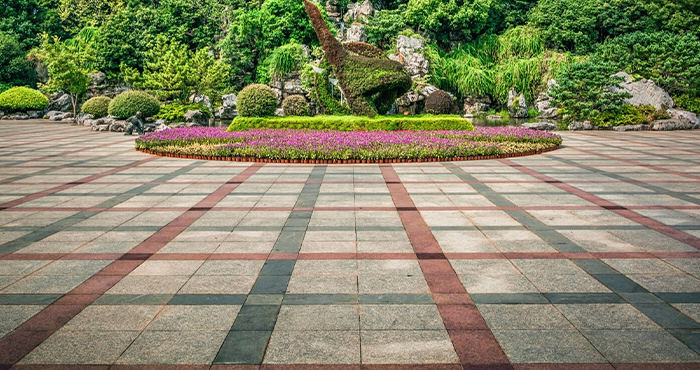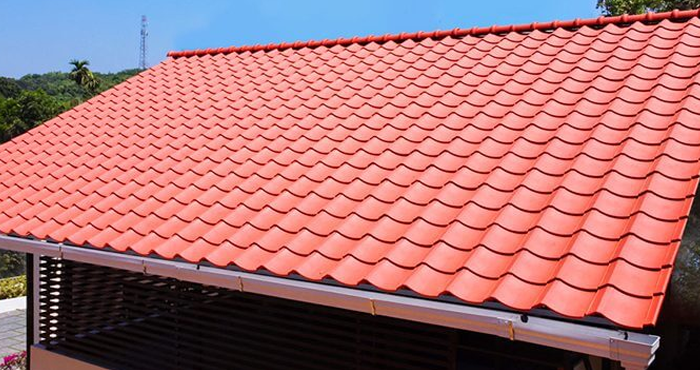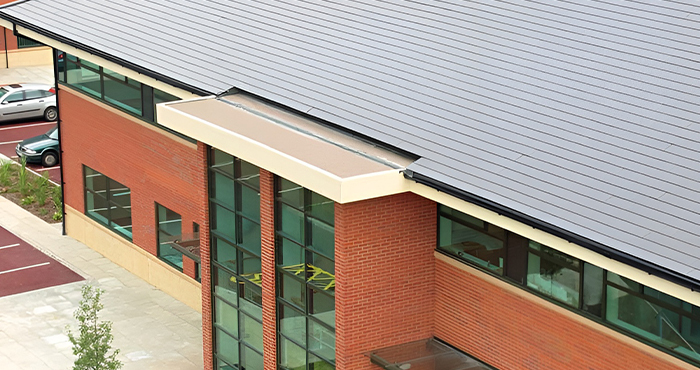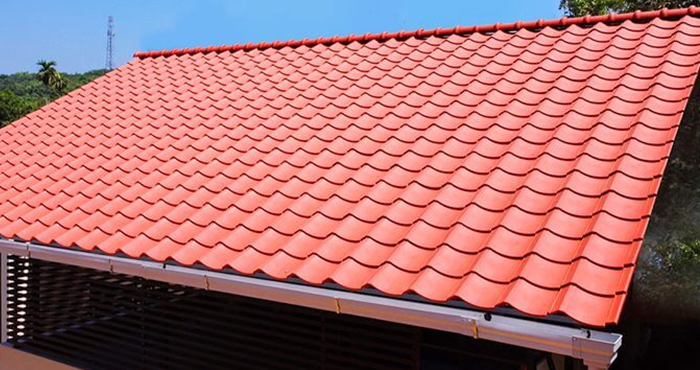An outdoor area is something that everyone loves to spend their time in. Be it a beautiful sunny morning or a cool breezy evening before a summer night, most of us always think about stepping out and spending some time relaxing in the beautiful environs. This is one of the major reasons why people often plan grand outdoors for their homes, hotels, malls, and just about any place that has the space to accommodate it.
However, the real dilemma is choosing the materials you wish to use in your outdoor expansion plans. Three popular choices are pavers, concrete, and decks. Each option has its own unique advantages and disadvantages, and the decision ultimately depends on personal preferences, budget, and the specific needs of the homeowner.
In this blog post, we’ll explore the differences between these three options to help you make an informed decision.
Pavers Tiles
Pavers are individual pieces of concrete, brick, or stone that are laid in a specific pattern to create a durable and attractive surface. They come in a wide range of colors, textures, and designs, allowing for a high degree of customization.
Advantages of Pavers:
- Versatility: Pavers can be used for patios, walkways, driveways, and even pool decks, providing a cohesive look throughout your outdoor space.
- Durability: When properly installed, pavers are highly durable and can withstand heavy foot traffic, harsh weather conditions, and even vehicle weight.
- Easy Maintenance: Pavers are relatively low-maintenance. Any stains or spills can be easily cleaned, and individual pavers can be replaced if necessary.
- Permeability: Permeable pavers allow water to drain through, reducing the risk of standing water and helping to prevent erosion.
Disadvantages of Pavers:
- Installation Cost: Paver installation can be more expensive than concrete, especially if you opt for higher-end materials like natural stone.
- Potential for Shifting: Over time, pavers may shift or become uneven, requiring periodic maintenance and re-leveling.
- Weed Growth: Weeds can grow between the pavers, requiring occasional weeding or the application of weed killer.
Concrete
Concrete is a popular choice for outdoor surfaces due to its durability and low maintenance requirements.
Advantages of Concrete:
- Affordability: Concrete is generally less expensive than pavers or decks, especially for larger projects.
- Low Maintenance: Once the concrete has cured, it requires minimal maintenance beyond occasional cleaning.
- Strength: Concrete is extremely strong and can withstand heavy loads and foot traffic.
- Customization: Concrete can be stamped, stained, or textured to achieve a variety of looks and colors.
Disadvantages of Concrete:
- Cracking: Over time, concrete can develop cracks due to temperature changes, ground movement, or improper installation.
- Limited Design Options: While concrete can be customized, the design options are more limited compared to pavers or decks.
- Non-Permeable: Concrete is a non-permeable surface, which means water cannot drain through it, potentially leading to pooling or erosion.
- Difficult Repairs: Repairing cracks or damage in concrete can be challenging and may require resurfacing or replacement.
Decks
A deck is an elevated outdoor structure, typically made of wood or composite materials, that provides a dedicated space for entertaining, relaxing, or dining.
Advantages of Decks:
- Increased Living Space: A deck adds usable outdoor living space to your home, extending your living area and enhancing your lifestyle.
- Aesthetics: Decks can be designed to complement the architectural style of your home and landscaping, adding visual appeal and value.
- Versatility: Decks can be built in various shapes, sizes, and levels, allowing for creative designs and multiple-use areas.
- Low-Maintenance Options: Composite decking materials require less maintenance than traditional wood decks.
Disadvantages of Decks:
- Initial Cost: Decks can be more expensive to build than other outdoor surface options, especially if using higher-quality materials.
- Ongoing Maintenance: Wood decks require regular sealing, staining, and repairs to prevent rot, warping, or insect damage.
- Limited Lifespan: Even with proper maintenance, decks have a limited lifespan and may need to be replaced or repaired over time.
- Building Permits: Many localities require permits for deck construction, which can add to the overall cost and time involved.
Key Differences Between a Deck and a Patio?
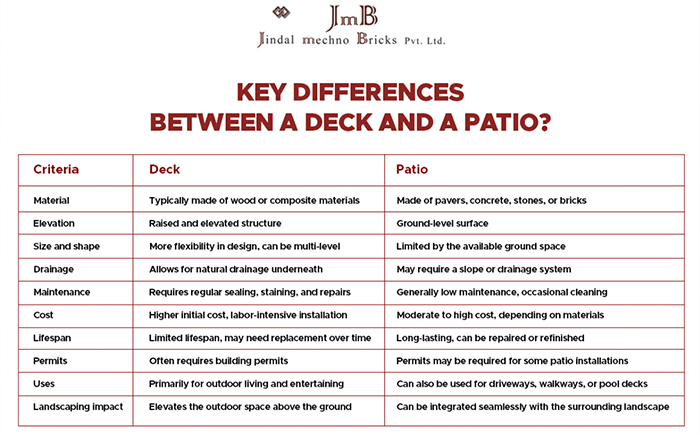
To sum up, when deciding between pavers, concrete, or a deck for your outdoor living space, consider factors such as your budget, desired aesthetic, maintenance requirements, and long-term plans for the space. Consulting with a professional contractor can also help you weigh the pros and cons and make an informed decision that best suits your needs and preferences.
Get high-quality bricks, an unbeatable appearance, and lasting durability in every brick. Get the best-in-class pavers tiles from Jindal Mechno Bricks, and make the most of your outdoor plans and have them stay the same for years to come. Ask your nearest dealer for Jindal Bricks, or get in touch with us to buy your lot today.
FAQs
Which option is the most affordable?
Concrete is generally the most affordable option, especially for larger outdoor projects. Pavers can be more expensive than concrete, depending on the materials used, while decks tend to be the most costly option due to the labor-intensive installation process.
Which option requires the least maintenance?
Concrete and pavers are relatively low-maintenance options once installed. Concrete requires occasional cleaning, while pavers may need occasional weeding or re-leveling. Decks, particularly wood-made, require regular sealing, staining, and repairs to prevent damage from weather and insects.
Can water drain through all three options?
No, only pavers (specifically permeable pavers) allow water to drain through, reducing the risk of standing water and erosion. Concrete and decks are non-permeable surfaces, so water cannot drain through them naturally.
Which option offers the most design flexibility?
Decks offer the most design flexibility, as they can be built in various shapes, sizes, and levels, allowing for creative and multi-use designs. Pavers also provide a wide range of colors, textures, and patterns, while concrete has more limited design options.
How long do these options typically last?
Concrete and pavers are generally the most durable and long-lasting options, with proper installation and maintenance. Decks, especially those made of wood, have a more limited lifespan and may need to be replaced or repaired over time, even with proper maintenance.


